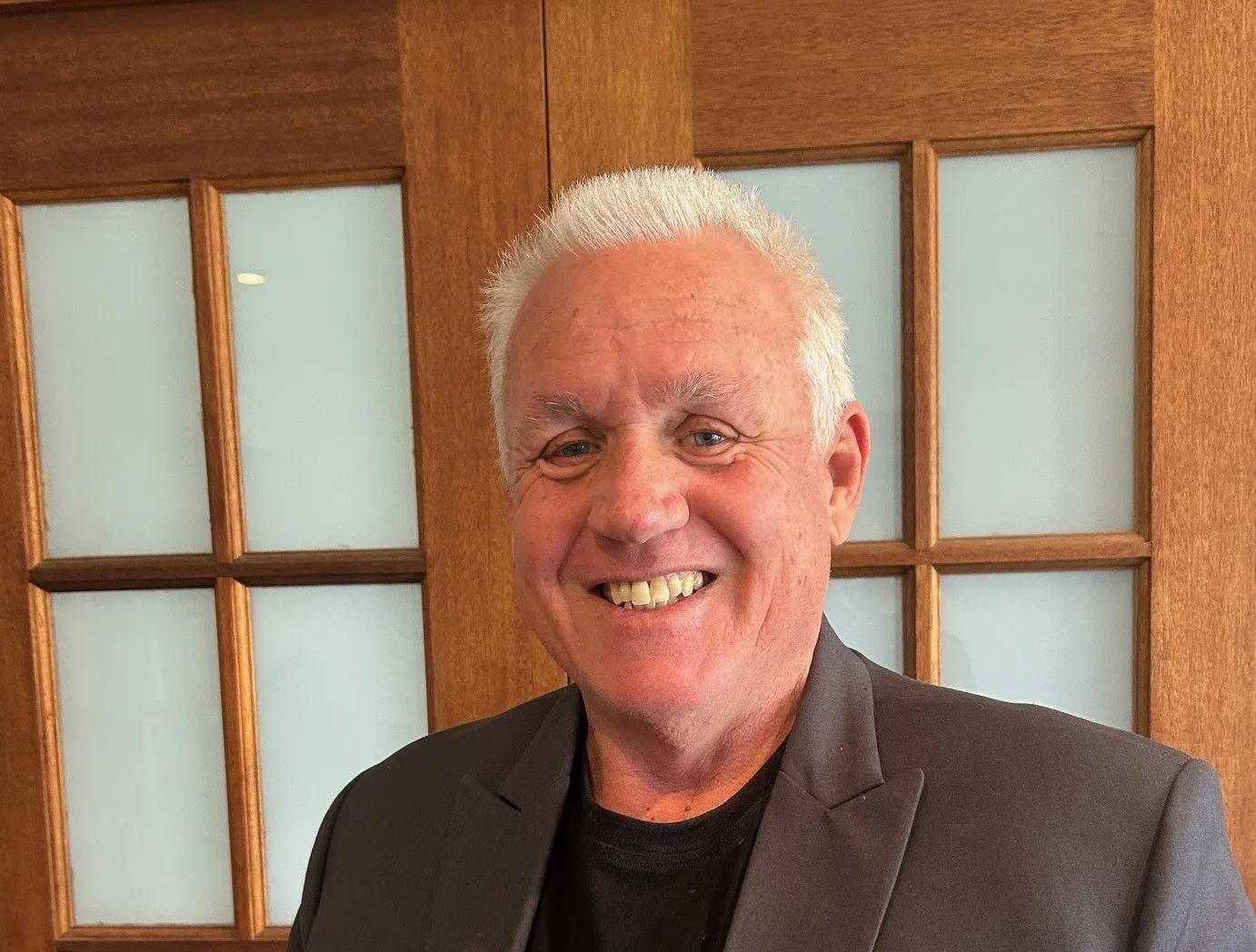National ICT Australia (NICTA), Australia’s Information and Communications Technology Research Centre of Excellence is heading to the
Members of NICTA’s infrastructure, transport and logistics team are leading 20 sessions at the Congress, showcasing how NICTA’s research is making transport networks safer, more efficient and more sustainable. The team will demonstrate how its efforts are currently influencing public policy, decision-making and fostering wealth creation for the wider economy.
Seven NICTA speakers will present in, and/or moderate sessions, at the congress on subjects including: Mobility in smart cities; Improving sustainability through intelligent transport systems (ITS); Traffic incident management based on ‘anomaly detection’; Data-driven traffic and public transportation modelling; Smart parking systems, open data initiatives in public transport; Optimisation of FMCG profits through smart distribution management; and the future of connected vehicles.
NICTA’s Intelligent Fleet Logistics (IFL) business has won a coveted place at the ITS World Congress Investor Matching event, which provides competitive young companies and entrepreneurs with the best cutting-edge ideas in sustainability, safety and mobility in transportation with the opportunity to pitch their ideas for funding. IFL’s Cost to Serve product suite optimises margin contribution, distribution and operating costs for fast moving consumer goods (FMCG) companies, and has already proven a success with Australian companies.
NICTA injects Australian ICT into global transport design
National ICT Australia (NICTA), Australia’s Information and Communications Technology Research Centre of Excellence is heading to the ITS World Congress in Detroit to unveil its latest innovations that are injecting smart ICT into the complex world of transport infrastructure.
Members of NICTA’s infrastructure, transport and logistics team are leading 20 sessions at the Congress, showcasing how NICTA’s research is making transport networks safer, more efficient and more sustainable. The team will demonst
August 27, 2014
Read time: 2 mins










